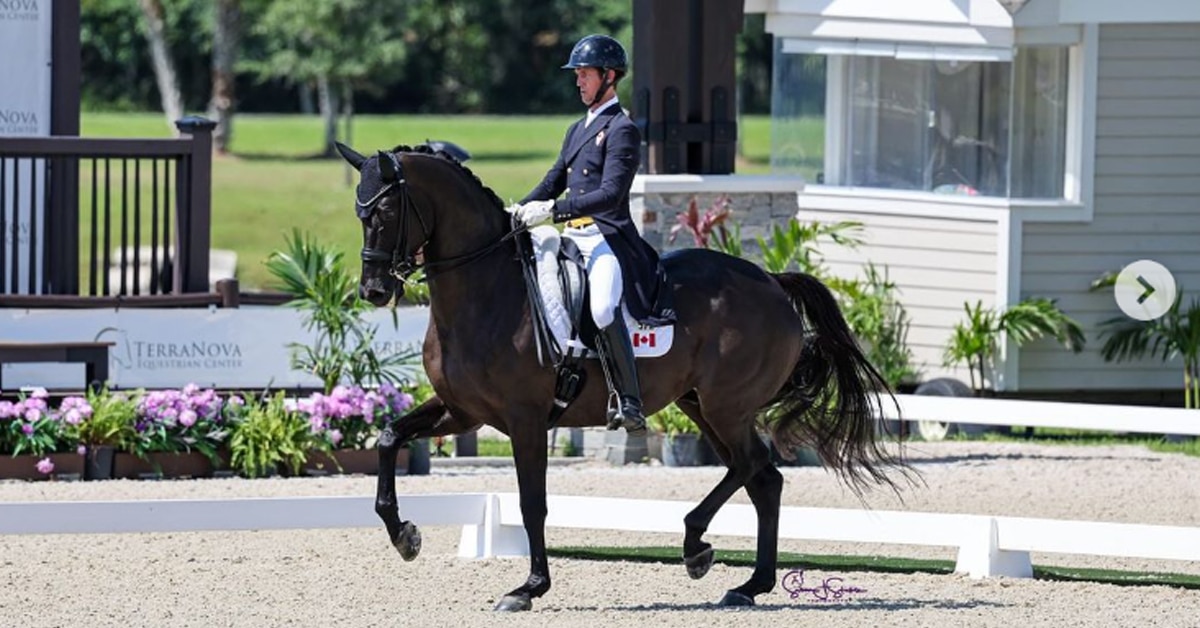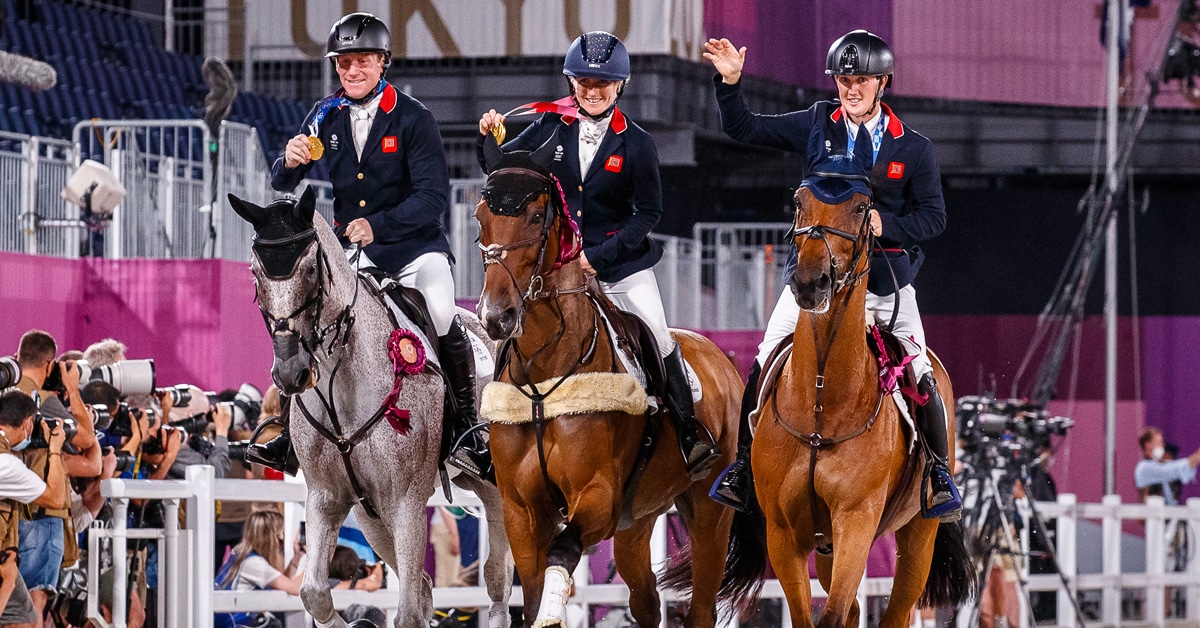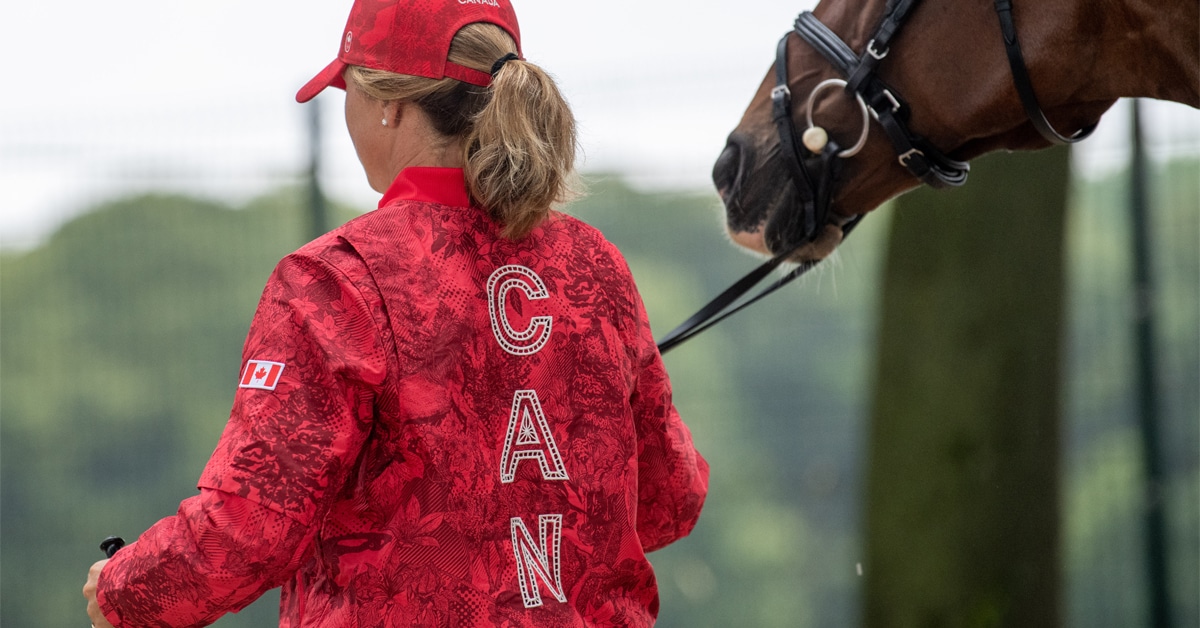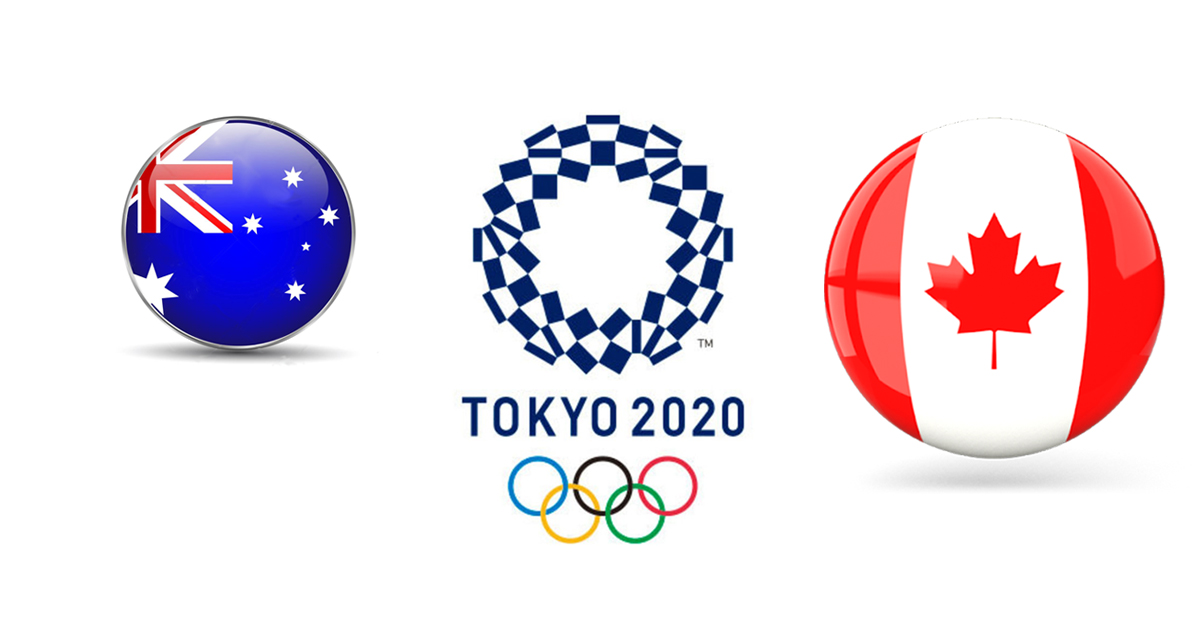Turmoil in Australia has opened a chink of light for Canada’s prospects of sending a full jumping team to Tokyo in August 2021.
It emerged only belatedly that Equestrian Australia’s (EA) decision to go into voluntary administration earlier this month has automatically voided its accreditation to both the Australian Olympic Committee (AOC) and the FEI.
A de-recognised EA is not entitled to send riders to the Olympics or para Games, unless EA can re-form within 12 months, having met a strong list of demands about governance after a decade of alleged misrule. The mood in the Australian community is pessimistic. EA’s ex chairman Ricky MacMillan – one of three chairs to resign in just 16 months – has even gone as far as posting a video on Facebook accusing the remaining EA board of “going rogue.”
Australia qualified its jumping team at the 2018 World Equestrian Games in Tryon, where the top six nations not already qualified won a guaranteed ticket to Tokyo. Canada, finishing 10th (and seventh in the list of nations seeking qualification), is first reserve and now set to profit if EA’s deep-rooted issues cannot be resolved in time.
Canada’s prime position on the official jumping wait list is not affected by its lost qualifying spot from the Pan Ams, caused by Nicole Walker’s positive test for cocaine. There are different rules regarding the impact of doping violations on results at Olympic/world games and at other types of continental championships.
The Pan Ams fall into the latter category, which means Canada was not disqualified as a nation in Lima. The disqualification only applied to Walker personally. Canadian was then entitled to reinstate Lisa Carlsen’s drop score but this was only sufficient to place Canada seventh.
Australia qualified full teams in all disciplines for Tokyo. It also won its eventing place at Tryon, but a different reallocation system applies in that discipline. This would go to Russia, at the top of the wait-list for eventing “composite teams,” rather than passing to the best squad from Tryon.
In dressage, the “composite teams” system also applies. Next in line is Luxembourg – a country with just 10 FEI registered dressage riders. It is, so far, unclear who would benefit from any reallocation of Australia’s para place.
The plight of the many top Australian riders based overseas, notably in the US, UK and Europe, who are now ineligible when FEI competitions resume also appears not to have been thought through by EA.
The insolvency crisis was triggered when government funding was axed due to EA’s behaviours. Veteran eventer Andrew Hoy said the decision from Canberra was “very tough but brave and probably necessary.”
EA has just four remaining directors, one of whom, John Glenn, has admitted to mainstream media that EA’s boardroom turmoil goes back a decade.
John Coates, president of the AOC, wrote to EA saying the situation was unprecedented; he could not recall such disarray in the organisation of any Australian sport in 30-odd years. In subsequent media reports, Coates said he believed EA could turn itself around in time to nominate teams to Tokyo, though social media is more pessimistic.
On a Facebook page called Stop Bullying in Equestrian Sport, many EA members are advising they have already registered as creditors. It has also been reported that long time equestrian benefactors such as billionaire Terry Snow, owner of Canberra airport, will no longer bail out EA. Amid anxiety about who, if anyone, is in charge of running national shows and events, riders are also anxious that the insurance built into their EA membership is now invalid.
More from News:





